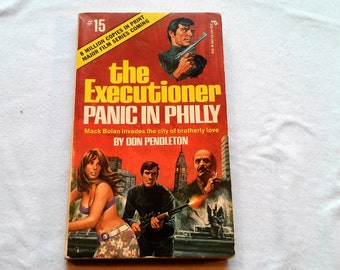

Instead, Dunlop gives an account of his own, personal journey, not just through the cities and countryside of Cambodia but through the country’s history and how his own history has intertwined with it. Both John Pilger and David Chandler, Cambodia’s pre-eminent Western historian, are given major credit in the Acknowledgements for helping Dunlop refine the historical accuracy of his text and this, for me, is vital as a demonstration of Dunlop’s attempt to write more than a simple, observational travel book. Dunlop interweaves details of Cambodia’s awful recent history within his journey, providing a powerful narrative that avoids the dryness of traditional historical analysis but does not hold back on dealing with the vast complexities of how the Khmer Rouge came to power and the fallout of their overthrow. This search provides the engine for his book, fusing the detective work necessary to finding Duch with the travelogue of exploring modern day Cambodia.

Pol Pot, the Khmer Rouge’s leader, died of old age in 1998.įor Dunlop, seeing a photo of Comrade Duch set something off inside him that made him want to find the former commandant. To date, twenty five years after Cambodia’s auto-genocide, none of the key proponents have been brought to trial. Where Secret Histories documents Burma’s slide into a real-life Orwellian nightmare, The Lost Executioner chronicles photographer Nic Dunlop’s obsessive hunt for Comrade Duch, the man who presided over the deaths of thousands as the commandant of Tuol Sleng, Cambodia’s notorious interrogation centre, during the genocidal regime of the Khmer Rouge.īetween 1975 when the Khmer Rouge came to power in Cambodia until 1979 when they were displaced by the invading Vietnamese, the ultra-leftist party instituted a Year Zero policy which was even more extreme than China’s Cultural Revolution and resulted in the murder of an estimated two million people – a quarter of the country’s population.ĭuch, like every other major figure in the Khmer Rouge regime, successfully disappeared into Cambodia’s jungles when the Vietnamese arrived and, like the rest of the regime’s leaders, successfully avoided prosecution. Like my pick for last year, Emma Larkin’s Secret Histories: Finding George Orwell in A Burmese Teashop, The Lost Executioner is a personal travelogue into a country that tries to understand its recent, disastrous politics. The Lost Executioner is my Book of the Year.


 0 kommentar(er)
0 kommentar(er)
